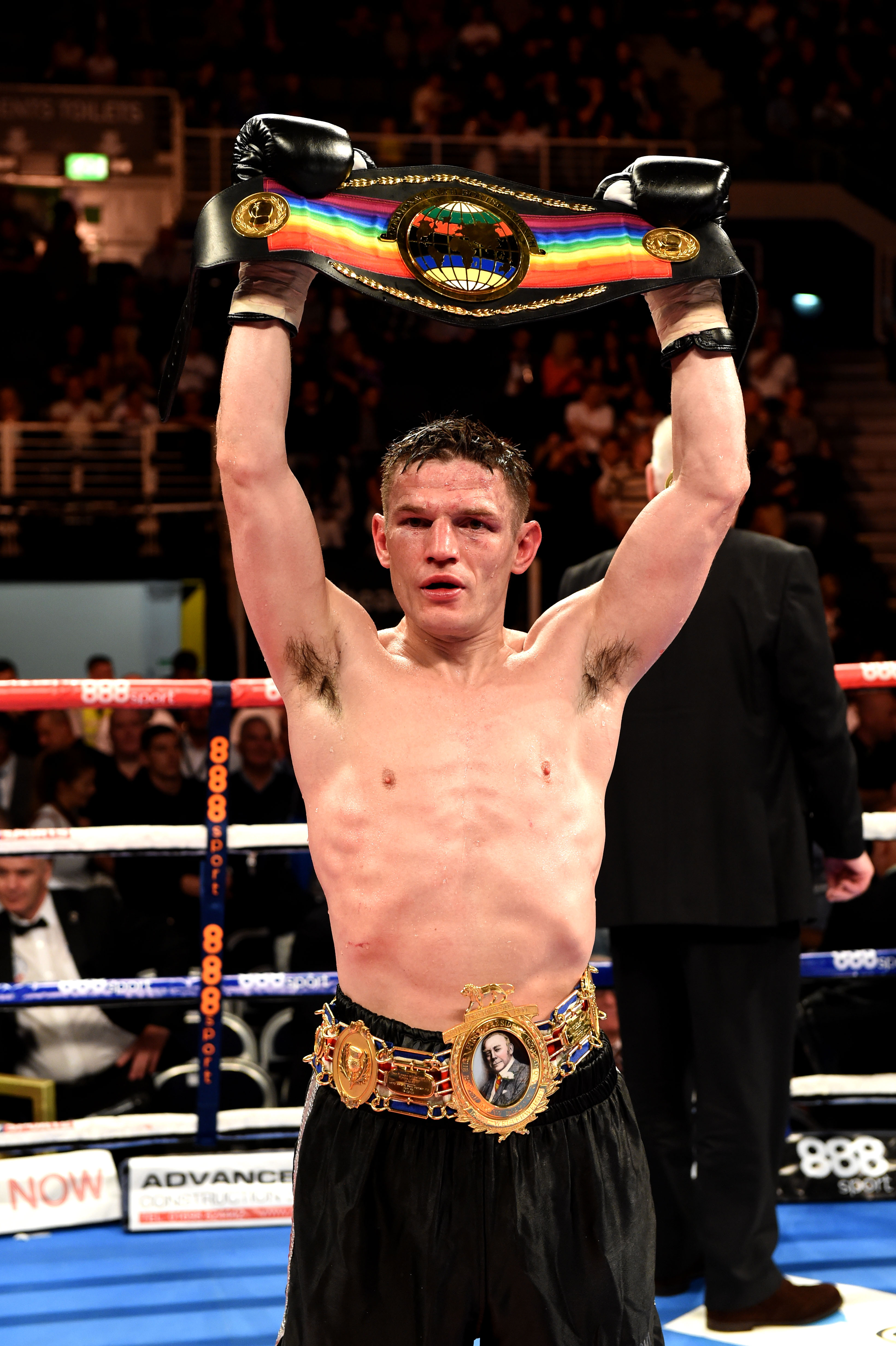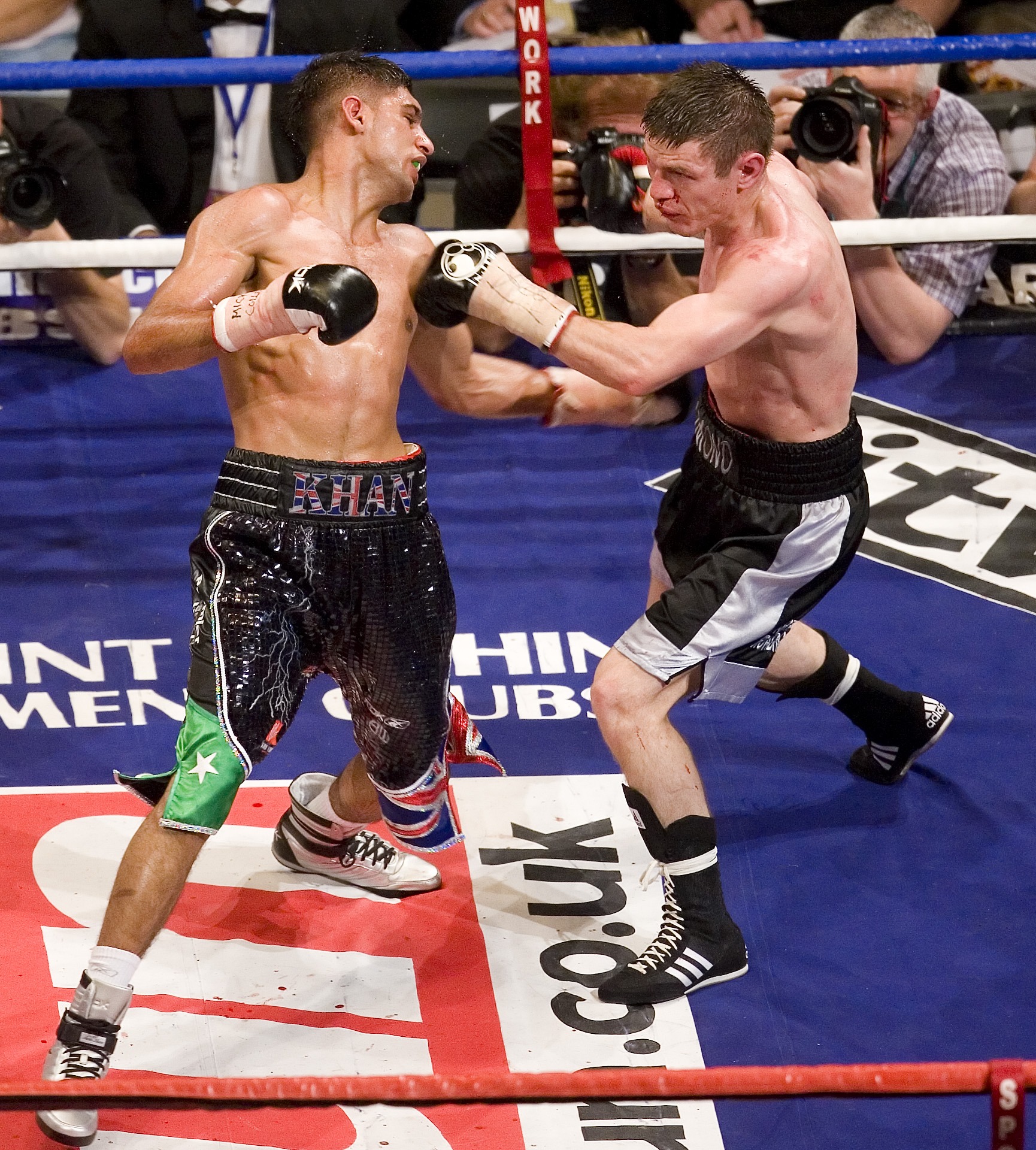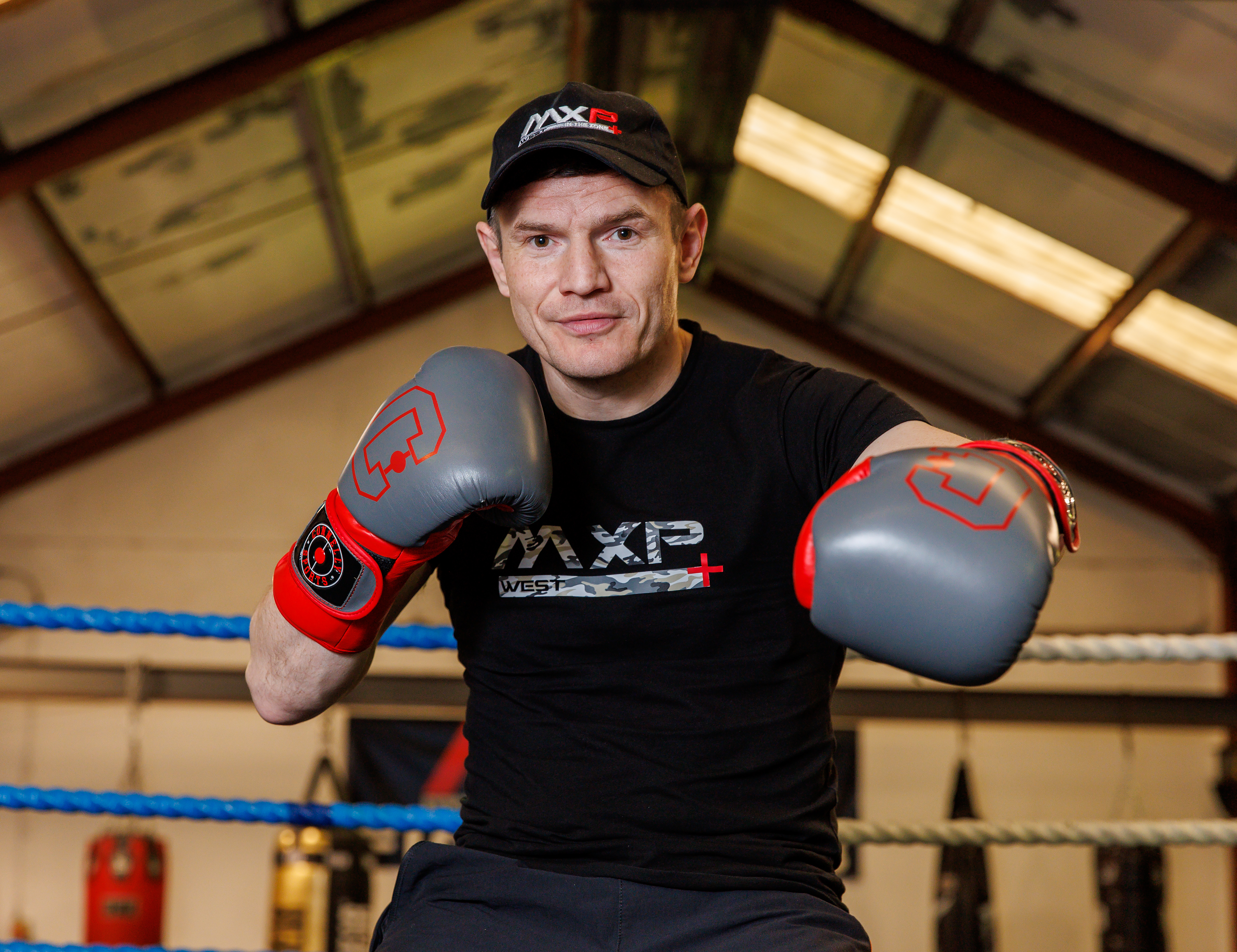Tragic Passing
Scotland's boxing hero Willie Limond has passed away at the age of 45 after a suspected seizure.
Limond was found unresponsive in his car in Coatbridge and was rushed to the hospital where he later died.
Legendary Career
Limond was a former world champion and made history by being the first man to knock down Amir Khan in 2007.
He had high-profile fights throughout his career, including a bout against Tyrone Nurse at the Hydro.

Tributes and Support
Tributes have poured in for Limond, with fellow boxers and fans expressing their condolences.
A GoFundMe page has been set up by his scheduled opponent Joe Laws to support Limond's family.
Legacy and Impact
Limond leaves behind a lasting legacy in the boxing world, with memorable fights against top opponents like Khan and Erik Morales.
His dedication to the sport and his family will be remembered by many in the boxing community.

Frequently Asked Questions
What are the requirements to train for professional boxing?
For someone to train professionally in boxing, they need to be disciplined, physically fit and willing to learn. In the beginning, you will need to master basic fundamentals such as stance, footwork and punches. Joining a boxing gym that has experienced trainers with a thorough understanding of the nuances involved in professional competition is essential. Before they compete, novice boxers usually undergo a regimen of intense conditioning, drills and sparring.
Does learning professional boxing have an age restriction?
Age restrictions are in place for professional boxing. Most boxing commissions insist that boxers must be 18 or older in order to fight professionally. At the upper end of the spectrum, there is no age limit per se, but physical ability and health will limit an individual’s ability to compete safely. It is important that older athletes are thoroughly evaluated for risk and fitness before they take up a professional sport.
What role do managers and promoters have in the professional career of a boxer?
Promoters and managers are crucial to a professional boxer’s career. Managers guide the career of the boxer, negotiate contracts and handle the business affairs for the boxer. They also provide support in selecting the right fights and looking after the boxer’s interests. Promoters focus their efforts on organizing events, marketing the fights, and attracting sponsor and audience attention.
What kind of diet should a novice boxer follow?
A novice boxer needs to follow a balanced nutritional diet that will fuel intense workouts while promoting recovery. The general recommendation is to eat a combination of carbohydrates and proteins for energy. Lean protein helps repair and grow muscles, while healthy fats are good for your overall health. Also, vitamins and minerals, as well as hydration, are important. Consulting a sports dietician can help you create a tailored diet that fits your boxer’s goals and training routine.
What equipment is necessary for a new professional boxer?
Equipment essential for those who want to get into professional boxing include boxing gloves, mouthguards, headgears (for sparring) and the right footwear. The use of a heavy, speed, or double-end bag is essential for technical workouts. It’s crucial to use quality equipment that offers protection and durability, as subpar gear can increase the risk of injury.
What are some of the most important components in a boxer’s training regime?
A boxer’s routine is made up of several main components. This includes technical skill development and tactical drills. It also includes strength and condition, sparring sessions, and mental prep. The tactical drills will help you develop your fight strategy. Technique-focused training improves punch accuracy, defensive maneuvers, and defensive techniques. Training exercises increase athleticism and sparring gives you a practical fighting experience. Mental training focuses on building confidence, focus, and resilience.
How do boxers maintain weight and their weight class?
Boxers maintain their weight with a combination of strict diets, and training. They typically work with nutritionists to develop a diet plan that ensures they can reach their weight class target without sacrificing nutrition and energy required for training. Regular weight checks and consistent exercise are essential, especially when a fight is approaching. Weight management is an important strategic process. If done incorrectly it can lead to poor performance or health issues.
Statistics
- Research shows that a boxer’s reaction time is typically under 0.25 seconds, honed through repetitive drills and sparring.
- On average, a professional boxer spars between 100 to 200 rounds in preparation for a major fight.
- An analysis of boxing injuries suggests that 90% involve the head, neck, and face, emphasizing the importance of protective gear.
- A study showed that most professional boxers have spent more than 4 years in training before their first professional bout.
- Statistical data indicates that there has been a 15% increase in the number of professional boxing gyms over the last decade.
- Around 60% of professional boxers supplement their income with other activities or jobs, due to variability in fight earnings.
- Cardiovascular fitness is critical, with a focus on high intensity interval training, comprising up to 40% of a boxer’s conditioning program.
External Links
boxingscene.com
boxingnewsonline.net
- Boxing News
titleboxing.com
wbcboxing.com
usaboxing.org
boxingforum24.com
teamusa.org
How To
How to land your first professional boxing fight
Landing your first professional boxing fight requires a combination of training, networking, and marketing yourself as a fighter. Build a strong amateur record to display your skills and gain attention. Network with gym owners, trainers, and promoters who might offer opportunities or know of openings on fight cards. Create promotional material, like a highlight reel of your fights, and maintain an active social media presence to build your brand. Final tip: Be ready to battle at all times so you can seize any opportunity that comes your way.

